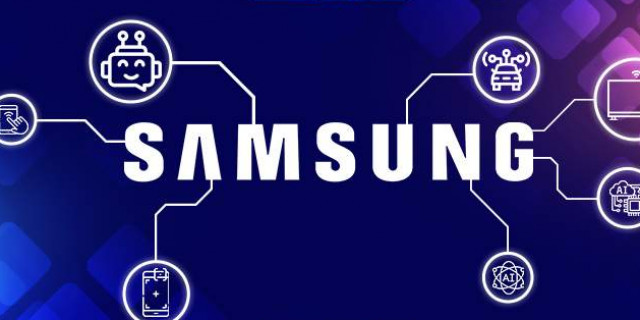Samsung' users could clone their voice with A.I.

If you receive a call but are unable to respond verbally, you can write out your response, and it will be read out in an imitation of your voice
Published: 2023-03-09
How long till the general public can directly access AI voice clones? They are currently being used in podcasts and video games. With Samsung today revealing a function for its Bixby smart assistant that allows users to clone their voice to answer phone calls, it's probably sooner than you think. If you receive a call but are unable to respond verbally, you can write out your response, and it will be read out in an imitation of your voice, shares James Vincent in his article from 2023 for Theverge.com.
Some caveats: We haven't been able to test this feature ourselves because it's only currently accessible in Korean as the Bixby Custom Voice Maker app for a select few Samsung phones (the new Galaxy S23, S23+, and S23 Ultra). The response time may be too sluggish and the voice quality may be appalling to be useful. Yet with AI techniques able to produce lifelike duplicates of voices from just a few minutes of audio, answering calls using cloned voices is well within the capabilities of the present technology.
It's also not new to answer audio calls using a text interface. The function, known as Bixby Text Call on Samsung handsets, debuted with the maker's One UI 5 Android interface. It was formerly exclusively accessible in Korean, but now an artificial voice in English is used (and only with version 5.1 of One UI). A similar feature provided by Google is called Call Screen, which enables you to reply to conceivably spammy calls with an artificial voice. But, Google's service only allows you to select from a choice of pre-written responses rather than manually entering your own.
It's not difficult to picture these elements evolving into more sophisticated, automated systems in the near future. After all, it wouldn't be difficult to link a text-to-speech vocal clone of oneself to a chatbot like ChatGPT or (if you were in a frantic mood) Microsoft's Bing. Samsung claims that in the future, "additional Samsung apps beyond phone conversations" would be "compatible with user-produced voices," but it is unclear what that implies.
If you were feeling petty, you might ask a bot like this to summarize the information in your call or simply waste a spammer's time. Making a speech copy of oneself and giving it chores via a chatbot might make the tech industry's long-promised pitch that AI helpers would be able to handle our administrative work a reality.
Also, it could lead to a variety of issues. Of course, Google promised comparable capabilities with its Duplex AI voice conversations. These were released in 2018 as a means to use an AI voice to book reservations at restaurants automatically. Nevertheless, opinions on the technology were divided, with many denouncing it as immoral and pointing out that it added to the workload of those who received the calls. (Google's present plans for the technology are unknown; the firm will end support for Duplex on the web in late 2022.) Moreover, there are malevolent uses for AI voice clones, such as AI harassment and hate speech as well as straightforward fraud.
We'll be keeping an eye on how this technology advances and, when we can, we'll check out some of Bixby's voice functions. Yet in the near future, you could have to question if the person on the other end of the phone is indeed a human when you pick up the phone.